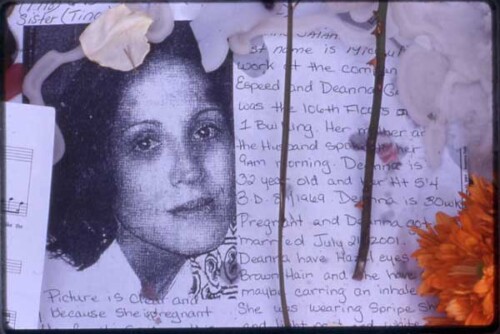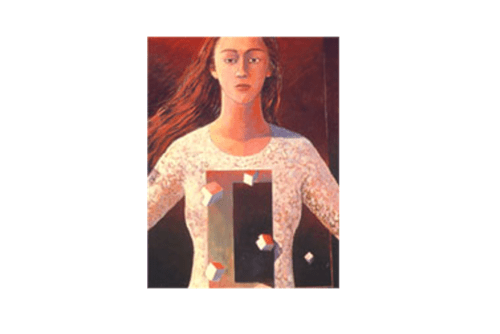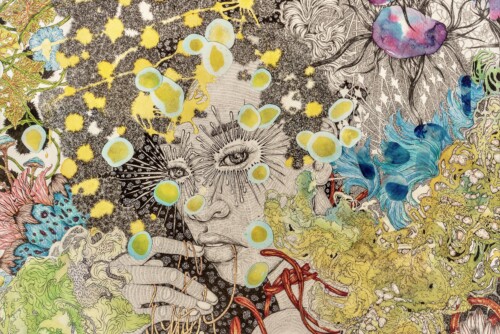“Human” as Ethical Category
The Afghan women and men I interviewed clearly understand themselves to be humans with rights – the “universal” concept – yet also very particularized subjects with a specific localized cultural embeddedness. But such particularized understandings of human rights might allow us to consider the ways that human rights, as a universal discourse, might be applicable to all humans while retaining the flexibility to encompass difference. As Ken Booth has argued, universality of rights does not necessarily entail sameness and can encompass global ethical communities of individuals who share particular affiliational bonds. Noting that “[u]niversal human rights are supposed to be invalid because there is no universal ethical community,” Booth argues that there is “the ethical community of oppressed women, the ethical community of under-classes; the ethical community of those suffering from racial prejudice; the ethical community of prisoners of conscience; the universal ethical community of the hungry . . . and on and on. Universal human rights are solidly embedded in multiple networks of cross-cutting universal ethical communities” (61). The Afghans I interviewed consistently articulated themselves to be members of a human community that entitled protection. Their appeal seemed to be largely in the context of an “ethics of care,” although they themselves did not articulate this concept in this way. Because of their limited contact (if only apocryphal) with the international community in the form of aid workers, tourists (in the past), merchants, journalists, and even soldiers, they had a perspective of the world as a global community whose members had responsibilities toward each other. The people I interviewed were almost entirely rural, and most were women. They did not live with electricity (no television), most were illiterate, and they did not have access to elite circles of politics or business, yet they knew and understood that there were nations and world bodies (the United Nations) whose responsibility was to protect them as much as possible when they became disenfranchised by war or other disasters.
I am not claiming that the people I interviewed were idealistic (they were the opposite), but they were clearly articulating themselves as humans in the sense that I am deploying the term here. They defined themselves as part of a global community of members who maintained an ethical responsibility toward each other, while respecting the rights of the other’s cultural and other differences. For the most destitute of people, in one of the world’s most isolated areas, to understand themselves in this fashion is surely of tremendous importance to the emerging understanding and struggle over the definition and role of human rights in global culture. Rather than human rights as a discourse of elites (and even “western” elites as the charge is sometimes leveled), these people deployed a definition of human defined partly by their experiences of violence and atrocity. In a certain basic way, they were articulating that to be human is to care for others, to be inhuman is to violate them. As Booth notes, “[w]hat finally binds all this together and gives a firm anchorage for universal human rights is the universality of human wrongs” (62). I am absolutely not suggesting that there is a universality of human response to suffering or that such suffering results in an amorphous “ethics” born from desperation. However, there is a commonality of articulation, among certain survivors, of an ethical relationship to others that is understood partially in response to their own experiences of violent disenfranchisement, as well as to their own cultural and social circumstances. Booth states that “development of a human rights culture is crucial, because it is one of the ways by which physical humans can try and invent social humans in ways appropriate for our dislocated, statist, industrialized and globalising age” (65). While Booth’s theory places concern for victims as central to the development of workable human rights discourse, giving them voice by assuming that they all want to better their current situation, the survivors I interviewed articulate this voice themselves in a clear, uncompromising fashion. By giving witness to their experiences of atrocity, they move from victim to survivor, while also shifting our relations to the dead. And their demand, for an ethical witness to their witness, articulating and performing a universal but not undifferentiated human who has both rights and responsibilities, and who recognizes them as human and thereby reinforces the witness/spectator’s own humanity, is core to the development of a working, globalized discourse that can resist atrocity.


